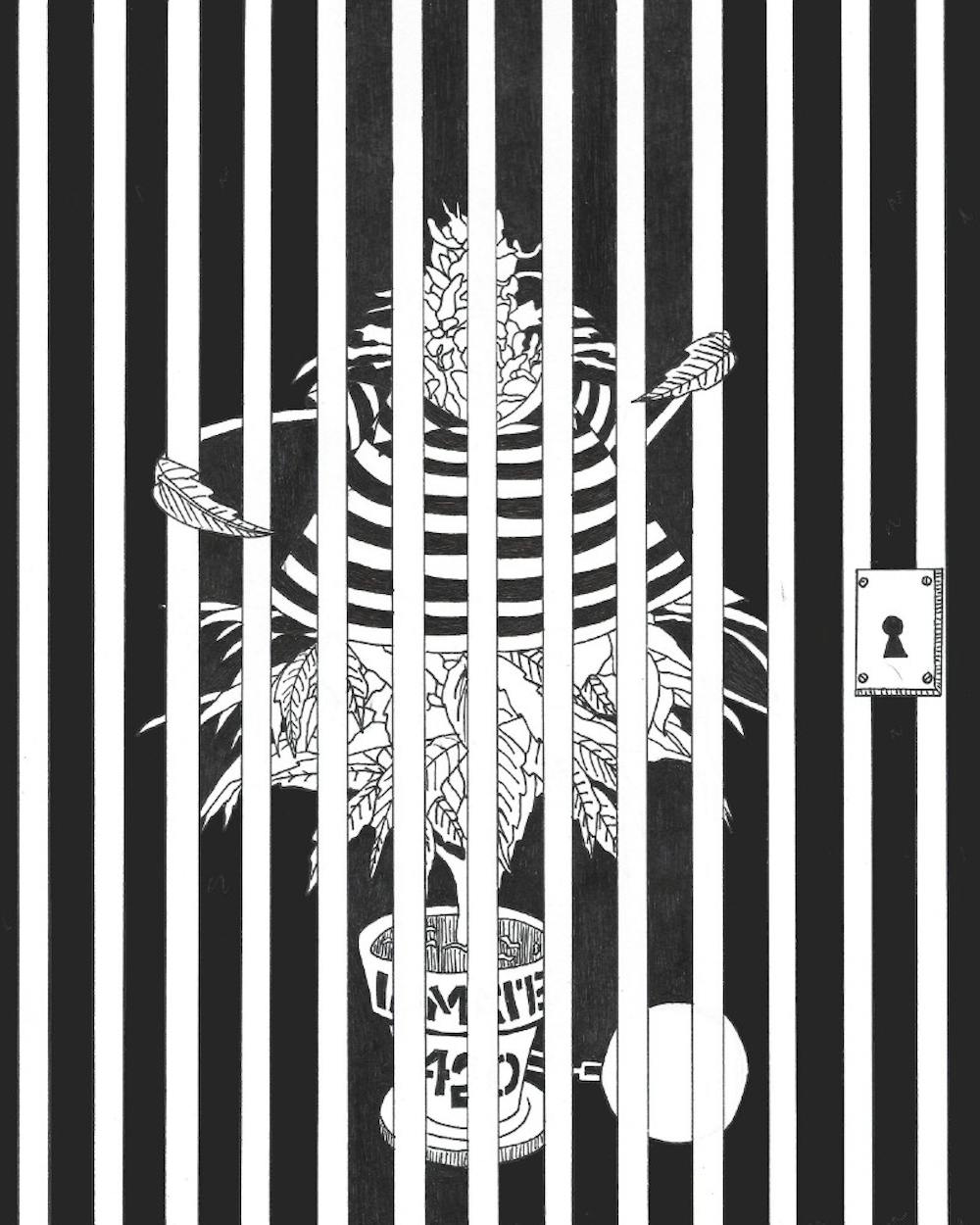Law enforcement agents in Johnson County, Indiana, swept the county Wednesday to serve 63 felony warrants to people suspected of drug dealing. Johnson County, which is just northeast of Monroe County, suffered 70 drug overdose deaths in 2016.
Although Johnson County law enforcement agencies claim these arrests will curb drug use and dealing, the Editorial Board would like to see local government focus less on arrests and more on harm reduction.
Taking local drug dealers off the streets might temporarily help communities, but these dealers are likely easily replaceable — their removal won’t cure addiction in the county. A study done by the Justice Policy Institute, a nonprofit that advocates for criminal justice reform, found that harm reduction and treatment are much more cost-effective than incarceration.
Taxpayer money is going toward putting nonviolent drug users and small-scale dealers in jail. This money would be better spent on more efficient rehabilitation programs.
Arresting drug users and dealers with small operations will not keep drugs off the streets for a sustained amount of time, and it certainly won’t stop users from being addicted.
If local governments attempt to scare drug users and small-time drug dealers, they will only force the drug trade further underground.
Johnson County Prosecutor Brad Cooper told the Indianapolis Star that those who want to deal drugs should “stay the hell out of Johnson County.” Despite this mindset and the county’s 700 drug dealer arrests in the past four and a half years, overdose deaths in 2017 have already surpassed 2016’s numbers.
United States governments, both national and local, should look to a country with successful drug policy: Portugal.
In the 1990s, Portugal was in the throes of a drug use epidemic. At first, the government adopted a strict law-and-order approach to combat drug use, but it failed completely. Then, in 2001, Portugal decriminalized all drugs. Since then, drug overdose deaths are down to about one-fourth of their peak.
By decriminalizing drugs, Portugal stopped punishing users and small-scale dealers, instead focusing only on stopping high-volume drug trade. Johnson County law enforcement hasn’t disclosed enough information to show if these dealers are small or large-scale, but harsh sentencing will not effectively curb addiction.
The U.S. will likely go through the same drawn-out process that Portugal endured. We will continue our draconian drug laws until those in charge realize they simply do not work.
Local governments should focus less on arrests and more on rehabilitation and harm reduction. Even when people are arrested, jails should give shorter sentences and focus more on reducing recidivism than on doling out punishment.
Adopting a law enforcement-heavy approach to drug addiction won’t help Indiana communities. The Editorial Board would like to see local governments embrace rehabilitation rather than sweeping drug arrests.




